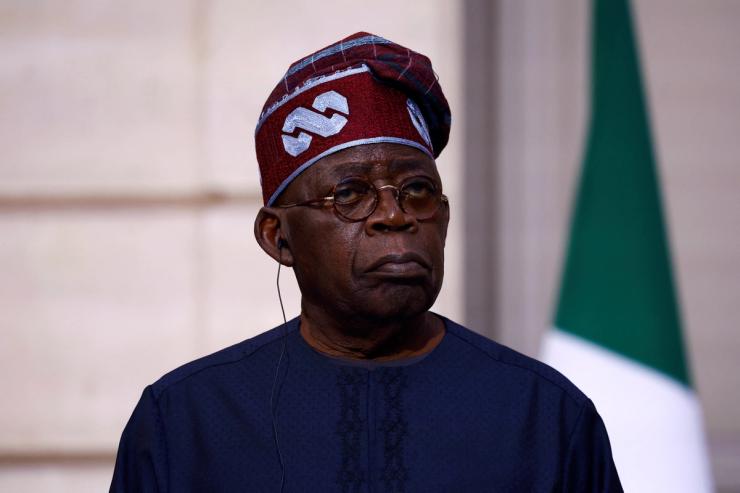The News
Nigerian President Bola Tinubu approved a new tax on refined fuels imported to the country, in a bid to protect local oil refineries and “reinforce national energy security,” even as the move will increase retail fuel prices, according to a signed document seen by Semafor and an interview with a government official.
The 15% tariff on the value of refined petrol and diesel imported into the country was approved earlier this month. Nigeria’s Federal Revenue Service, whose boss Zacc Adedeji made the case for the tax, argued that local oil refineries are operating at cost levels that exceed those of fuel importers, a risk that could undermine the refining sector. But he also acknowledged the risk.
“We are not implementing this tax now because we don’t want something that will lead to inflation by increasing the pump price,” Adedeji told Semafor, adding that there is a 30-day consultation period before the tax takes effect. The proposal was not aimed at boosting revenues or favoring particular industry players, but is part of plans for currently dormant refineries in the country to be protected in view of attracting “correct investment” for them to operate, he said.
The 650,000 barrel-a-day Dangote Refinery in Lagos is Nigeria’s largest and sole private refinery, supplying 20 million liters of petrol to the country daily. It has pushed over the past year to stop the issuance of petrol import licenses by regulators, filing a suit against the state oil company NNPC. A smaller refinery by Nigerian billionaire Abdul Samad Rabiu’s BUA group is still under construction.
Fuel prices have risen about five-fold in Nigeria since 2023 when Tinubu ended a government subsidy regime that cost $10 billion the previous year. Its link to transportation and food prices often means that petrol price increases often trigger inflation across the economy.
Nigeria’s inflation rate was at 18% last month following six consecutive months of decline. Petrol price increases and the naira currency’s unstable exchange rate to the dollar had driven inflation beyond 30% last year, aggravating a cost of living crisis.
Know More
With three state-owned refineries out of service for years, the ability of Africa’s top oil producer to serve refined fuels to the local market got a boost as Dangote began operations last year.
Imports still dominate the supply mix, however: between August 2024 and early this month, Nigeria imported 15 billion liters of petrol — more than two-thirds of what was consumed across the country within the period, according to the retail fuel market’s regulator.
The proposal Tinubu signed argued that Nigerian refineries are facing “unfair pricing practices and collusion” that make them uncompetitive against fuel importers, making the new tax necessary to level the field. While petrol prices in Lagos will rise to about 62 cents a liter with the tax enforced, it will remain below the average price of $1.55 across Côte d’Ivoire, Ghana, and Senegal, Adedeji estimated in the memo.
Separately, the NNPC said on Wednesday that it is undertaking a review of its three refineries and will seek equity partners that can operate them to international standards.
Notable
- The Dangote Group plans to double its refinery’s output to 1.4 million barrels a day.
- Petrol retailers in Nigeria earlier this year warned that Dangote was pushing for monopoly control of the local market, by using “its market power to fix prices, limit competition and exploit consumers.”


